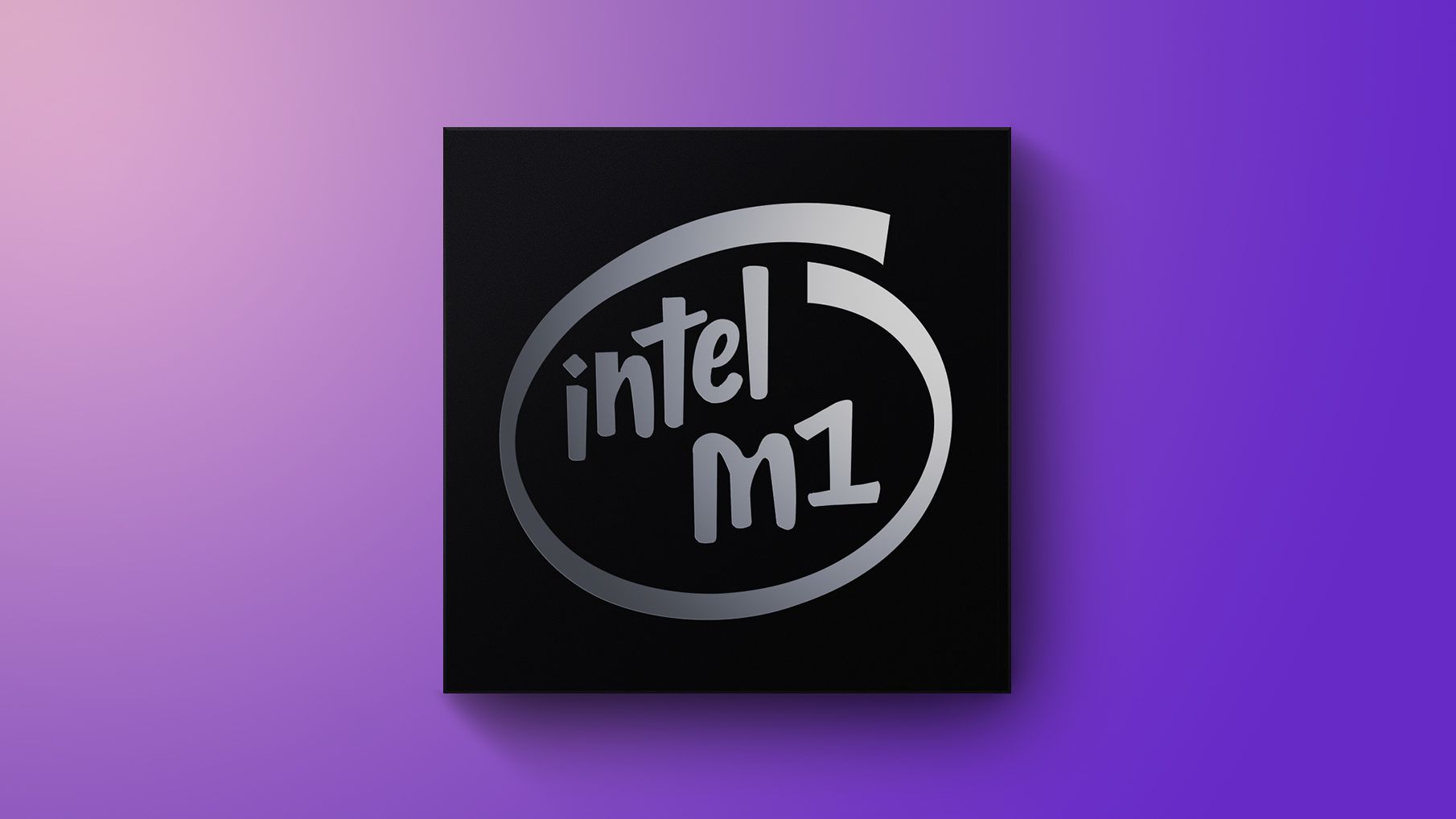I'm actually optimistic that Nvidia will be able to acquire ARM because, technically, it doesn't matter if China denies it. I read an interesting article on Seeking Alpha the other day from an author who is bullish on Nvidia, and her rationale for the approval is premised on national security concerns and gaining a Western competitive advantage in AI:
Your point of view and the article is interesting and level headed considering what it's proposing. Thank you for sharing.
That would be an extreme situation that I don't see happening with Biden, but I could see it happening if Trump was on. As I see it, China and US tech war is bound to be like the cold war and nothing that substantial is going to happen most of the time.
What you describe would be pretty substantial, and would have repercussions on both sides. If it goes forward after China objects they will take it personally and probably make everything to dump ARM sooner and devalue it. Russia will follow suit as well. China is a big market, so that means a lot a pressure.
I think they will always try to block something like this from now on, because they can and because they'll always ask the following question "so what's in it for us?"... That makes it so that you have to negotiate with them, it's effectively the same position they occupy on NATO and UN: being there mostly just to block things.
China has already decided that it wants to be completely self sufficient in 10-20 years. That means investing in chinese foundries and ARM while the present and foreseable short term future, is definitely not part of their plans going forward because ARM is neither theirs nor open enough that they can just fork it and change it around at will.
I think it's a really long shot. Plus plenty influential US companies are against it. That said, although listed I don't think Apple is worried about it in the slightest apart from the fact that a universe where everyone uses ARM, but their ARM CPU's are better being something that is advantageous for them so they probably don't want either x86 nor RISC-V to be too successful by comparison.
RISC-V is also mentioned as a con to the acquisition, so I'm aware. I'm not sure what Nvidia's answer is to this. I'd be inclined to believe that a company with a 327B market cap would have at least considered how to leverage it without those risks.
Their answer would be not changing much on ARM modus operandi at first, acting like it's something on their porfolio and not be too... Nvidia about it. That way ARM costumers that are threatening to go somewhere else will stay because of the work and investment such a switch would be. If the product is competitive and gets even better under them, better than what costumers can get elsewhere all the better.
Micro-controllers and chinese market is already a lost cause IMO, so they probably also think everyone that will leave would do so sooner or later.
It's a correct assessment on Nvidia's account that the future of general purpose is deeply tied to AI/Machine Learning being in. It's quite possible that one of the reasons Apple's M1 seems so powerful is down to abstract machine learning on the AI cores.
Unless everything on the market was one chip configuration, it's really hard to optimize software for anything these days. Thus all chips are leaving performance on the table, the future is probably being able to fish out that performance without writing specific code for that to happen. AI is the glue that can make it happen.



